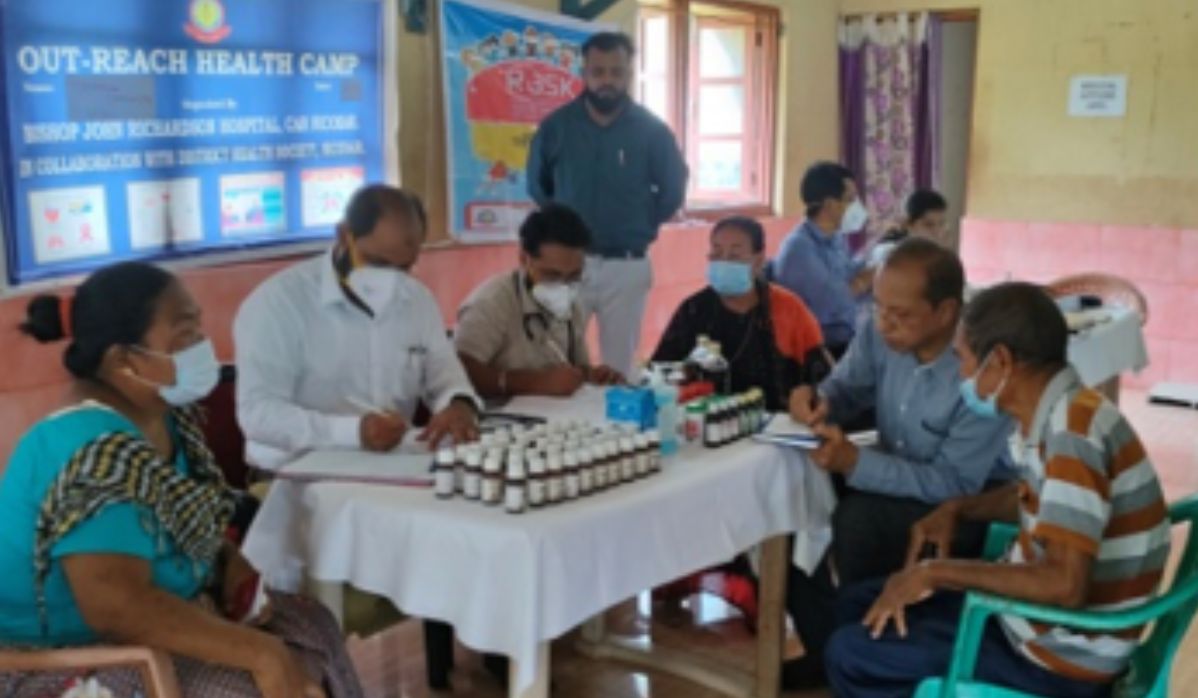Tarun Karthick
Port Blair, 06 September 2024
As part of the Village Health Nutrition Day (VHND) initiative, an outreach health camp was recently organized under BJR Hospital, offering essential medical services to the tribal communities of Tapoiming, Chuckchucha, Kinyuka, and Big Lapathy villages in Car Nicobar. A large number of people, including children, expectant mothers, and elderly individuals, availed themselves of the medical benefits provided by the camp.
The camp saw the participation of over 100 patients, who received treatment across various medical units. Dr. Anwar Moosa (Chief Medical Officer) led the Allopathy Unit, Dr. Partha Mondal (Medical Officer, Ayurveda) managed the Ayurveda Unit, Dr. Mohammed Shafique (General Duty Medical Officer, Homoeopathy) handled the Homoeopathy Unit, and Dr. Ruth (Dental Surgeon) treated patients at the Dental Unit. In addition to consultations, necessary medications were distributed to those in need.
In a special initiative by the Rashtriya Bal Swasthya Karyakram (RBSK) team, 44 children were screened for the four D’s—defects at birth, deficiencies, diseases, and developmental delays—under the supervision of Dr. Deepika Sharma (Medical Officer, RBSK Ayurveda) and Dr. Jiji Paul (Medical Officer, RBSK Homoeopathy). The Ophthalmic Unit screened 36 patients for vision-related issues, while 11 individuals received sputum cups from the National Tuberculosis Elimination Programme (NTEP) Unit for tuberculosis testing. Additionally, five antenatal mothers were screened by Accredited Social Health Activists (ASHAs), Auxiliary Nurse Midwives (ANMs), and Anganwadi Workers (AWWs).
The Non-Communicable Diseases (NCD) Clinic detected 22 cases of hypertension and 8 cases of diabetes, with screening conducted by Community Health Officers (CHOs) and a Health Educator.
This outreach health camp, part of a broader effort to enhance healthcare access in tribal areas, was designed to address the critical health needs of the community. Local leaders, including the village captain, expressed their gratitude and called for more frequent health camps to support the underserved populations in Car Nicobar.
This initiative underscores the ongoing commitment of healthcare professionals and authorities to improving the well-being of tribal communities, ensuring access to essential medical services and contributing to the overall development of the region’s health infrastructure.

